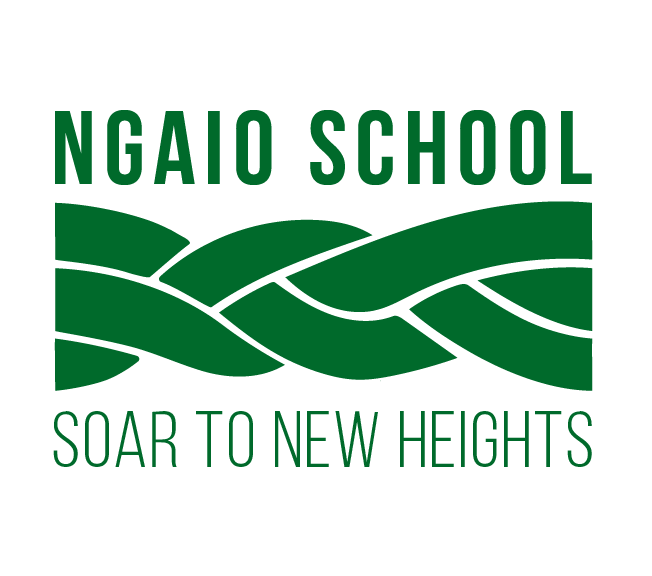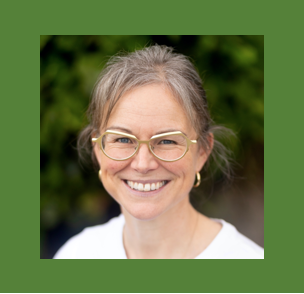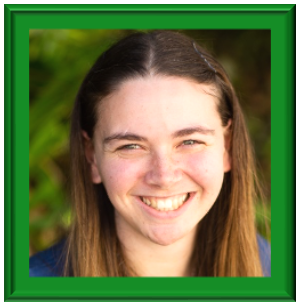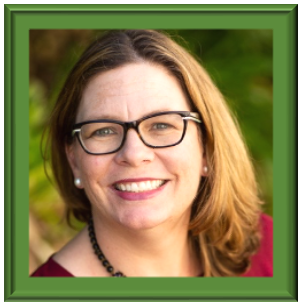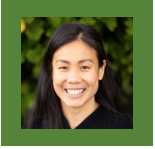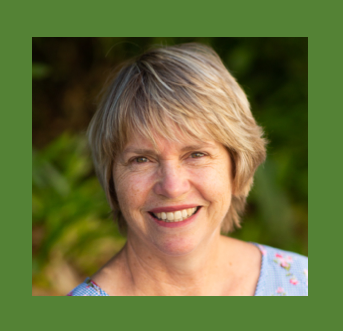Kākāpō Year 1 classes are located in Rooms 1 and 3.
Kākāpō Year 2/3 classes are located in the upper floor of the building adjacent to the office.
The Kākāpō team fosters self management, supporting akōnga to become increasingly more independent and resilient as learners. The curriculum is integrated, with student voice and personal interest driving learning experiences.
Below you will find some information about the Kākāpō syndicate.
Please feel free to contact your child’s teacher (kaiako) at any point during the year.
Kaiako are in their classrooms from 8:30am in the mornings so the best time to discuss any issues or concerns with them is between 8:30-8:45am. Kaiako are more than happy to meet with you at other times.
